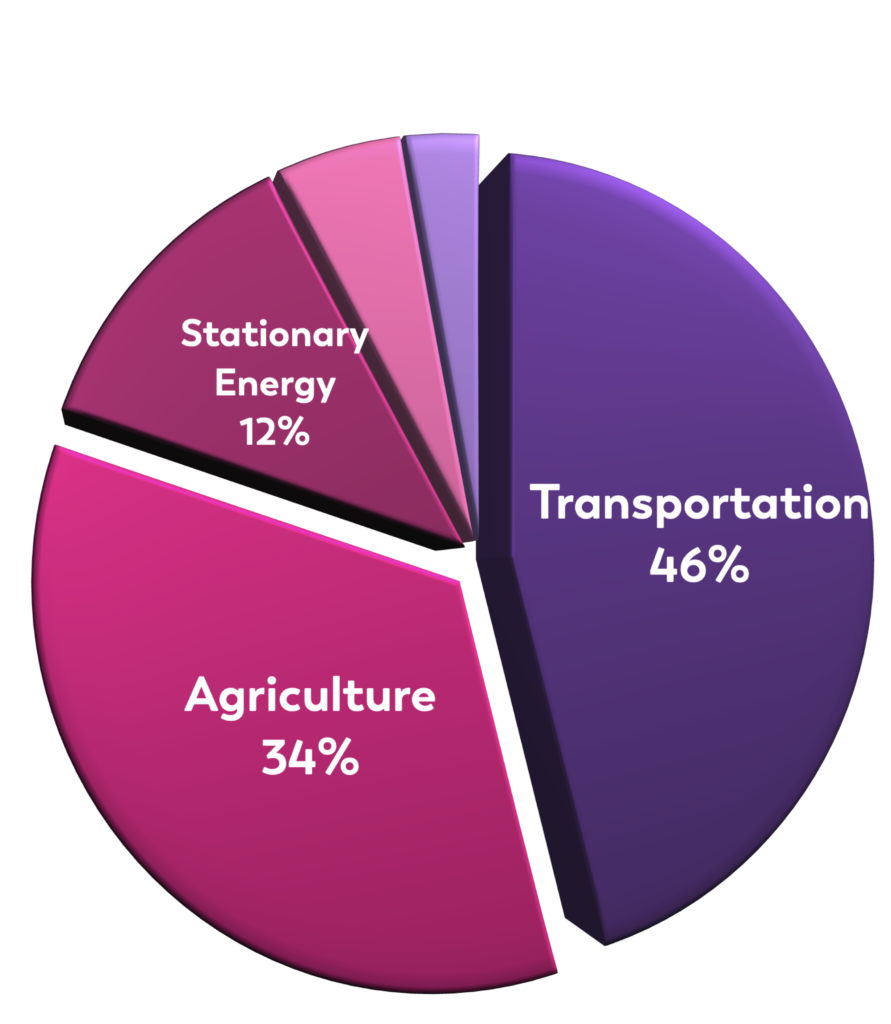Sustainability
A strong sustainability position is essential for the Western Bay of Plenty economy to remain competitive. Priority One undertakes projects that can provide a large-scale impact on environmental, social and economic sustainability across the region.
Sustainability is essential to ensuring we provide for our present generation, those who live, work, learn and play in our wonderful region, whilst also safeguarding the needs of our future generations. This involves protecting or even restoring the natural environment, and looking after wellbeing of our businesses, people, and communities.
Throughout Aotearoa, contemporary and traditional mātauranga Māori (Māori knowledge) is increasingly being aligned with sustainability. As a region, we must be responsible for implementing sustainable models centred around Kaitiakitanga (guardianship) to ensure the long-term vitality and health of the resources and ecosystems our region’s businesses and economy depend on.
Environmental Sustainability
For the Western Bay of Plenty economy to remain competitive, a strong environmental sustainability position is essential. Priority One has a clear focus on reducing carbon emissions and waste, by educating, informing and supporting businesses throughout the region.
Western Bay of Plenty emissions
The Western Bay of Plenty population has grown by 60% over the last 22 years, and 80% of our total emissions comes from transportation and agriculture. Although the Western Bay of Plenty District’s emissions are only slightly lower per person when comparing other similar regional profiles like Rotorua Lakes District, we need to work to reduce our carbon footprint to align ourselves with New Zealand’s Emissions Reduction Plan which has a goal of Net Carbon Zero by 2050.
The scale of the 2019/20 carbon footprint for the Western Bay transport is 46% of all emissions, agriculture (34%) is the second largest, followed by stationary energy usage (12% - electricity and stationary combustion fuels).
Summary of Western Bay gross emissions 2019/20 emissions by sector (excluding forestry)
Note: Industry is also know as Industrial Process Use (PCU)
To better enable businesses to adapt to climate change, Priority One is implementing the following actions:
- A benefits-driven approach that recognises the large variance in business awareness and engagement.
- Communication of facts that may be relevant to businesses around climate change.
- Providing tools to help businesses reduce their environmental footprint through targeted programmes like our Decarbonisation support programme.
- Sharing business success stories and showcasing local sustainability champions.
- Utilising the full reach of Priority One’s business members and local and central government partners, to encourage engagement, actions and therefore impact.
- Development of our own strategy, as well as one for the Western Bay of Plenty economy.
- Helping deliver infrastructure for zero emission technologies such as electric and hydrogen powered vehicles.

